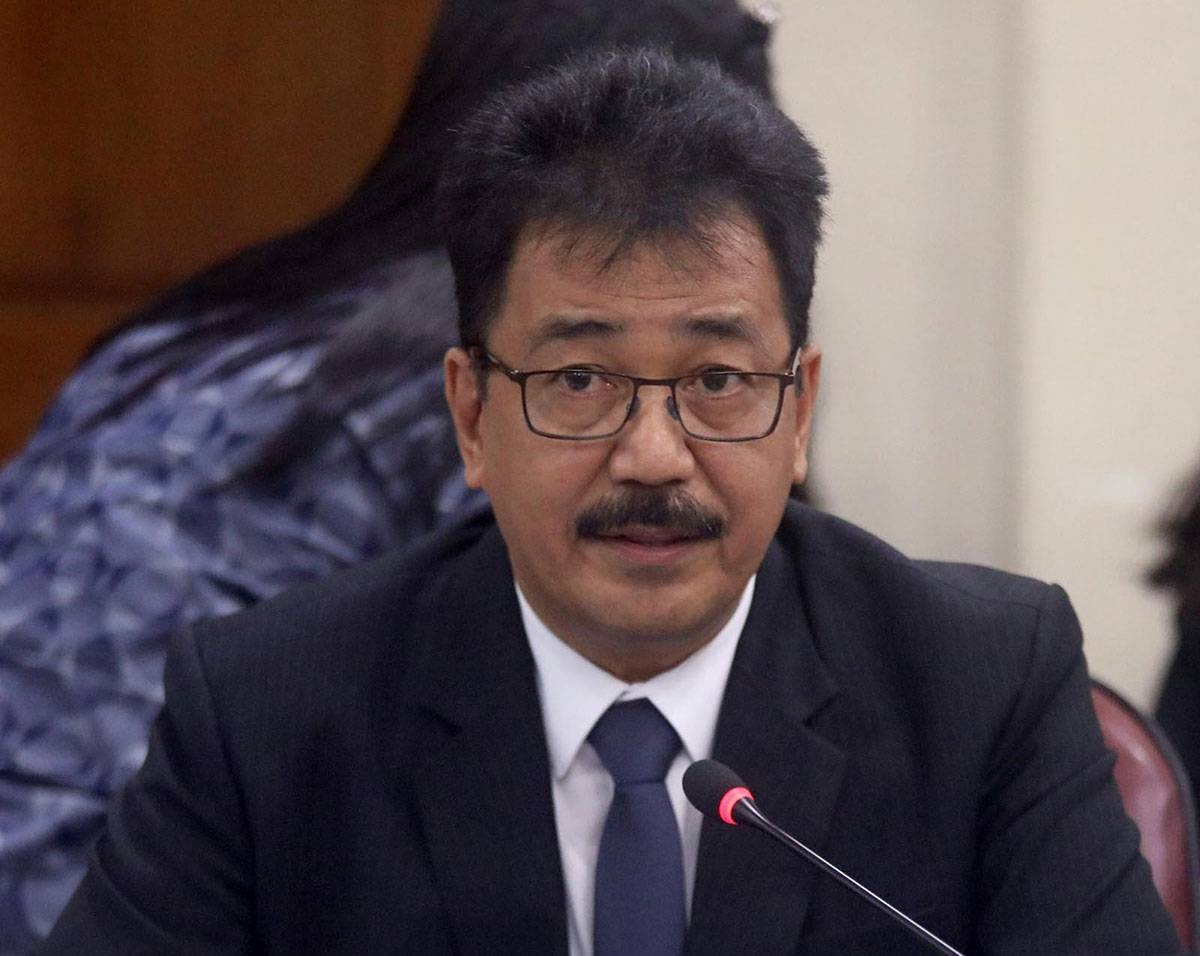The Commission on Higher Education (CHEd) has recently declared “inclusive education” as its primary focus for the year 2024, according to Chairman J. Prospero “Popoy” de Vera III. This move aims to address the increasing admission rates in public universities and ensure that all students, regardless of their background, have equal opportunities for higher education.
De Vera highlights the positive news that admission rates in public universities have risen, with approximately 41 percent of university-age students now studying in these institutions. This statistic sends a clear message that dreams of graduating from college are achievable. However, De Vera also acknowledges the challenges that arise from the surge in demand for university education, particularly for students from underprivileged families and indigenous communities.
He explains that students from economically disadvantaged backgrounds, including children of Indigenous peoples (IP), often face obstacles in pursuing higher education. These obstacles include being less prepared for admission tests, lacking financial resources to afford review classes, and struggling with confidence due to their rural upbringing and their parents’ limited educational background. Consequently, these students may feel discouraged and believe that they are incapable of succeeding in higher education.
To address this issue, De Vera emphasizes the need for a comprehensive focus on inclusive education. He urges all public universities to reevaluate their admission policies, ensuring that they consider the unique circumstances and challenges faced by students from marginalized backgrounds. By taking a more holistic approach to admissions, universities can provide equal opportunities for all applicants, regardless of their socio-economic status or cultural background.
Furthermore, De Vera stresses the importance of supporting and guiding students from underprivileged families who are admitted to public universities. He suggests organizing programs specifically tailored to assist these students, particularly those identified through Listahanan, a government database of poor households. By providing additional resources, mentorship, and academic support, CHEd aims to help these students successfully navigate their college journey and ultimately graduate.
In addition to focusing on inclusive education, CHEd also aims to strengthen compliance with the European Maritime Safety Agency (EMSA) by 2024. This initiative reflects the commitment to ensuring the highest standards of maritime education and training in the Philippines. By aligning with international regulations and practices, the country can enhance the quality of maritime education and produce highly skilled professionals in the maritime industry.
Another significant plan outlined by CHEd is the establishment of “four to five” medical schools. This expansion aims to address the growing demand for healthcare professionals in the country and improve access to medical education. By increasing the number of medical schools, more aspiring doctors will have the opportunity to pursue their dreams and contribute to the healthcare system.
In conclusion, the Commission on Higher Education (CHEd) has recognized the importance of inclusive education and has made it a priority for 2024. By focusing on this approach, CHEd aims to ensure that all students, regardless of their socio-economic status or cultural background, have equal opportunities for higher education. Through reevaluating admission policies, providing support to underprivileged students, and strengthening compliance with international standards, CHEd strives to create a more inclusive and accessible education system in the Philippines.







